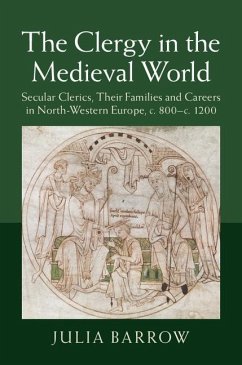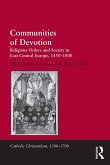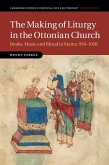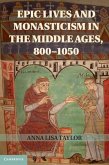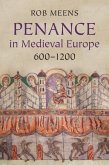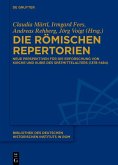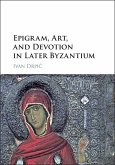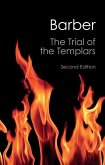Unlike monks and nuns, clergy have hitherto been sidelined in accounts of the Middle Ages, but they played an important role in medieval society. This first broad-ranging study in English of the secular clergy examines how ordination provided a framework for clerical life cycles and outlines the influence exerted on secular clergy by monastic ideals before tracing typical career paths for clerics. Concentrating on northern France, England and Germany in the period c.800-c.1200, Julia Barrow explores how entry into the clergy usually occurred in childhood, with parents making decisions for their sons, although other relatives, chiefly clerical uncles, were also influential. By comparing two main types of family structure, Barrow supplies an explanation of why Gregorian reformers faced little serious opposition in demanding an end to clerical marriage in the eleventh and twelfth centuries. Changes in educational provision c.1100 also help to explain growing social and geographical mobility among clerics.
Dieser Download kann aus rechtlichen Gründen nur mit Rechnungsadresse in A, B, BG, CY, CZ, D, DK, EW, E, FIN, F, GR, HR, H, IRL, I, LT, L, LR, M, NL, PL, P, R, S, SLO, SK ausgeliefert werden.

